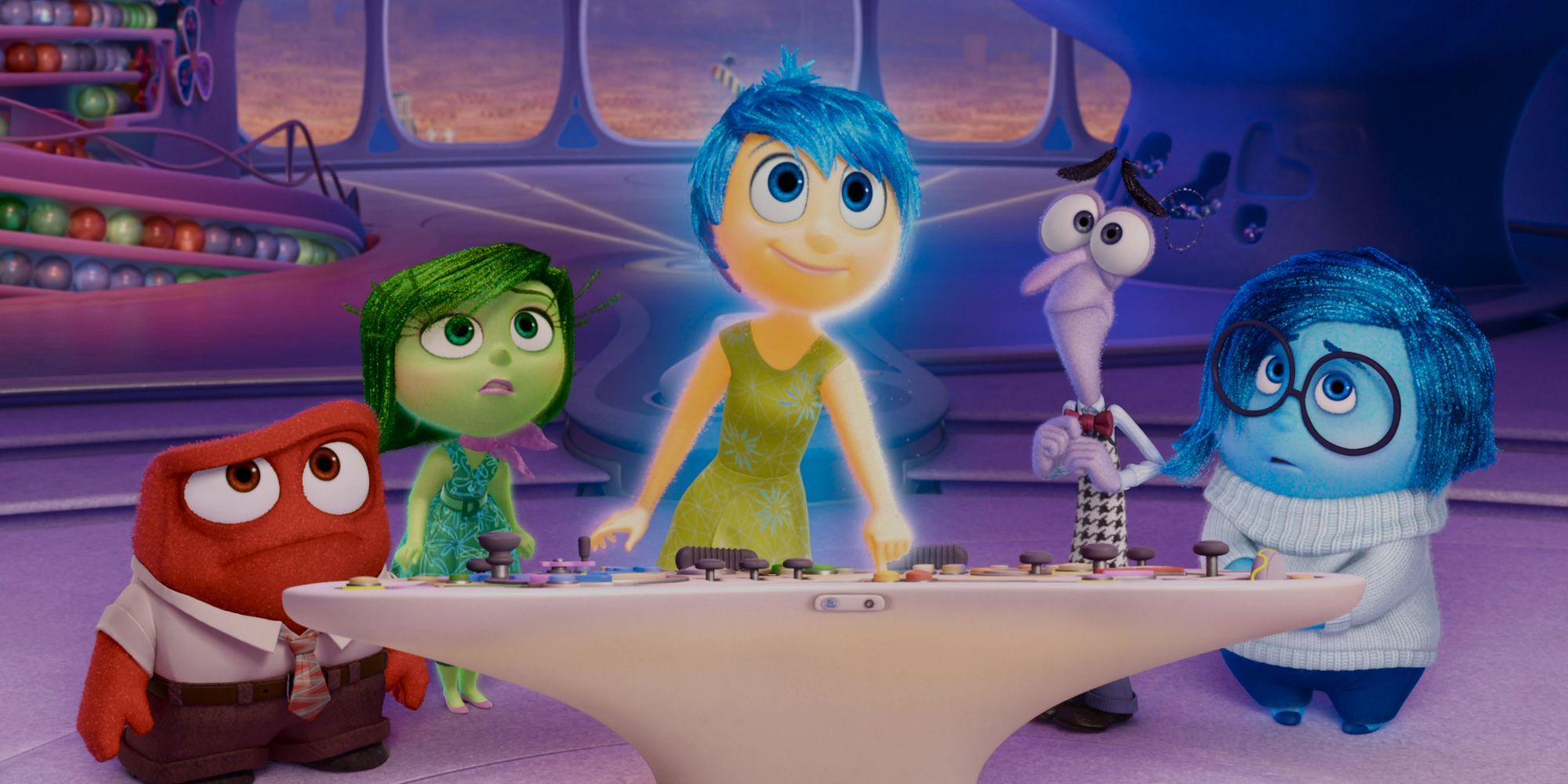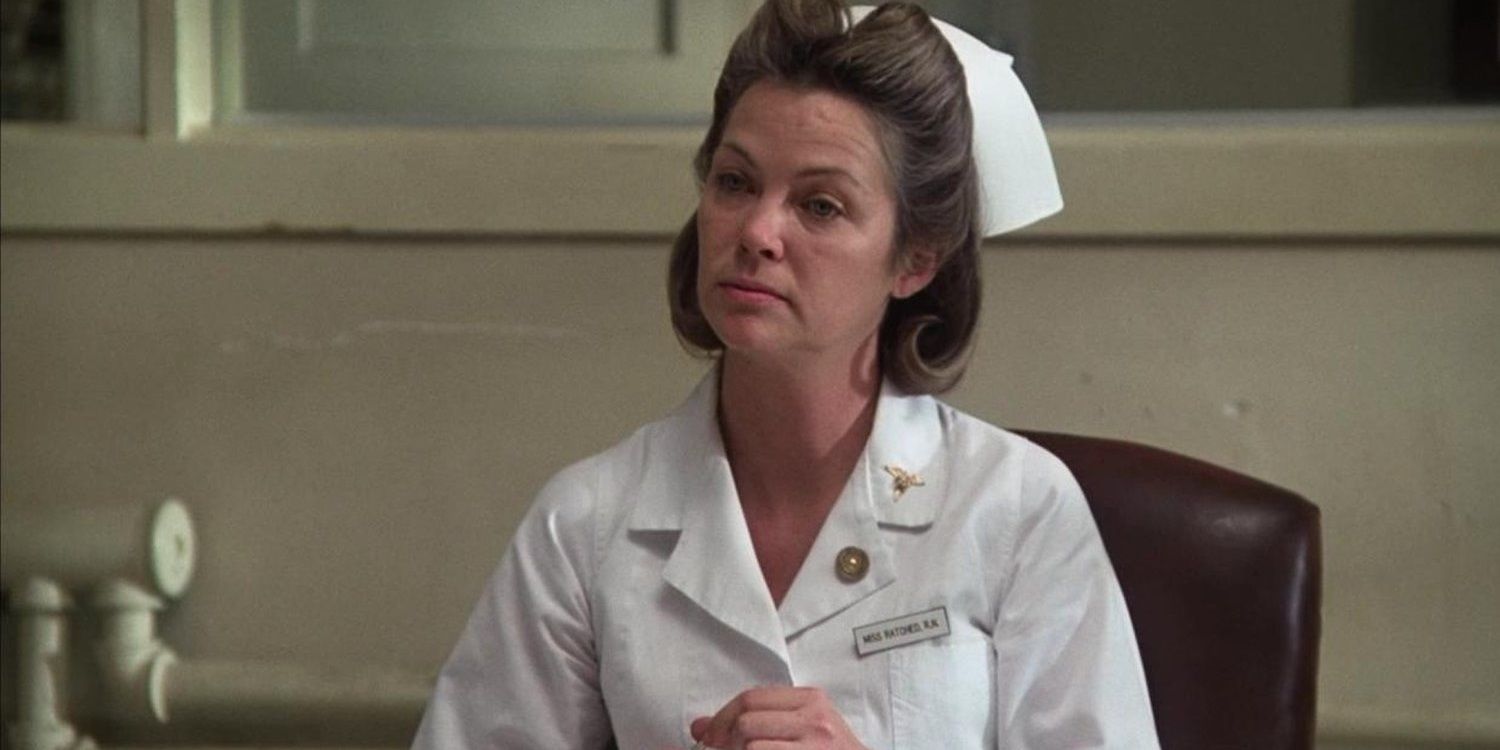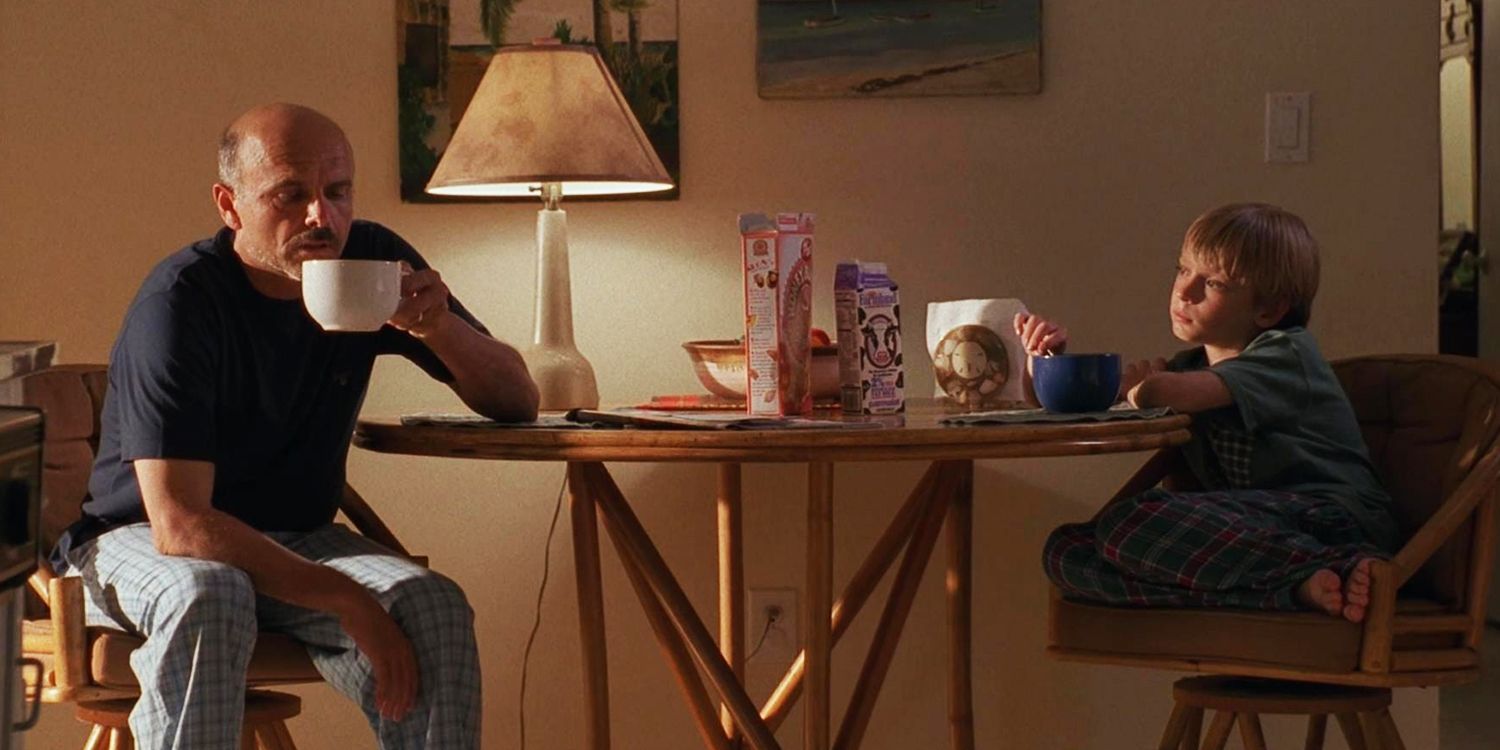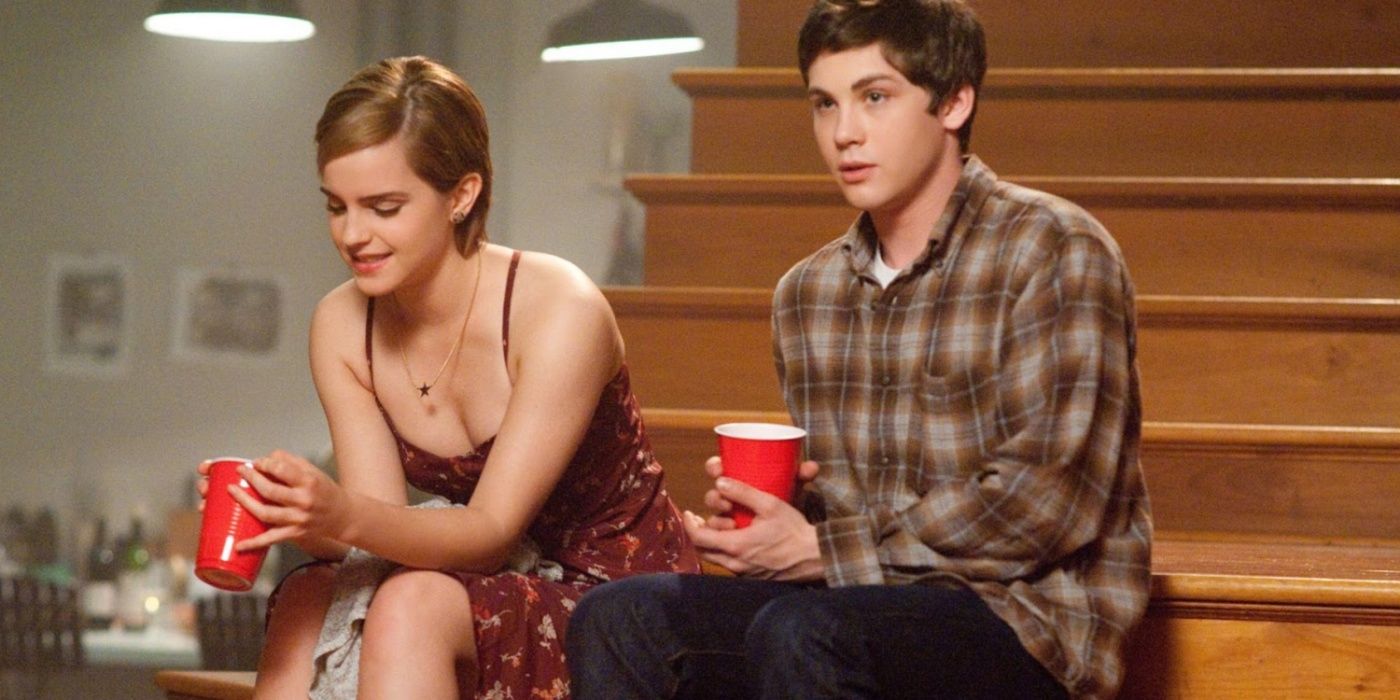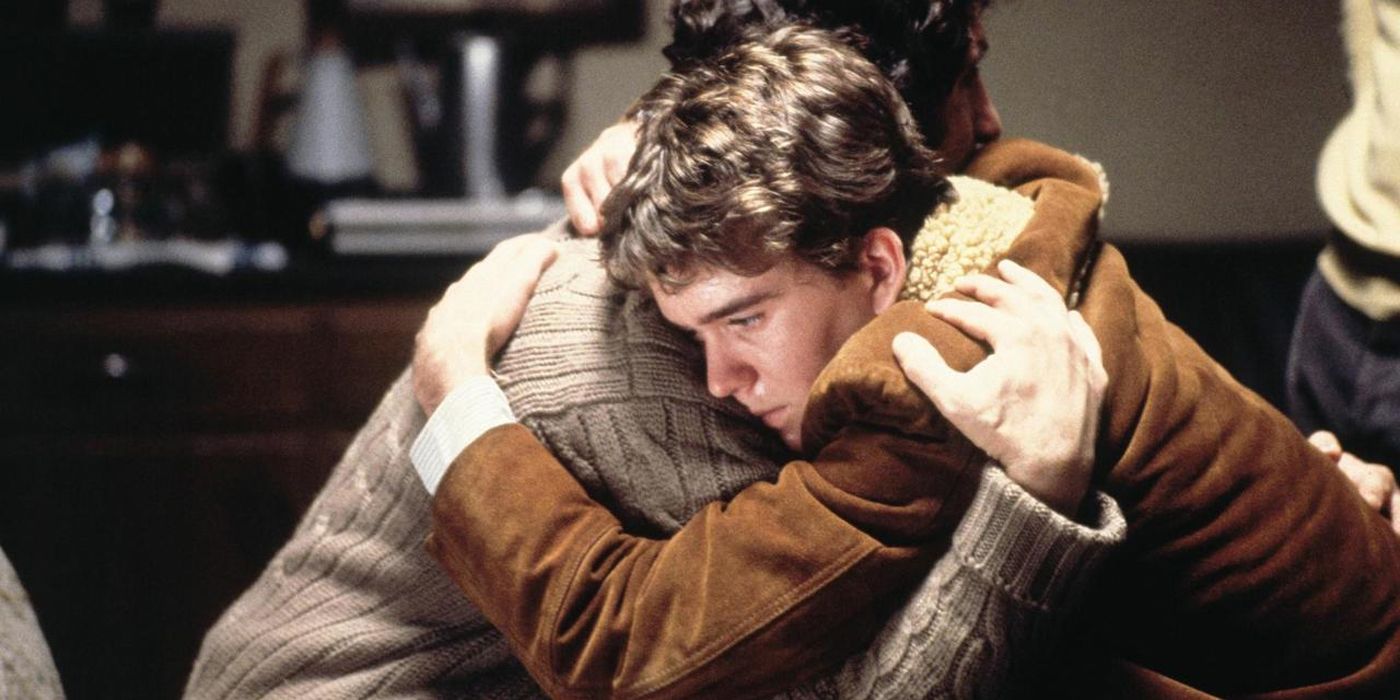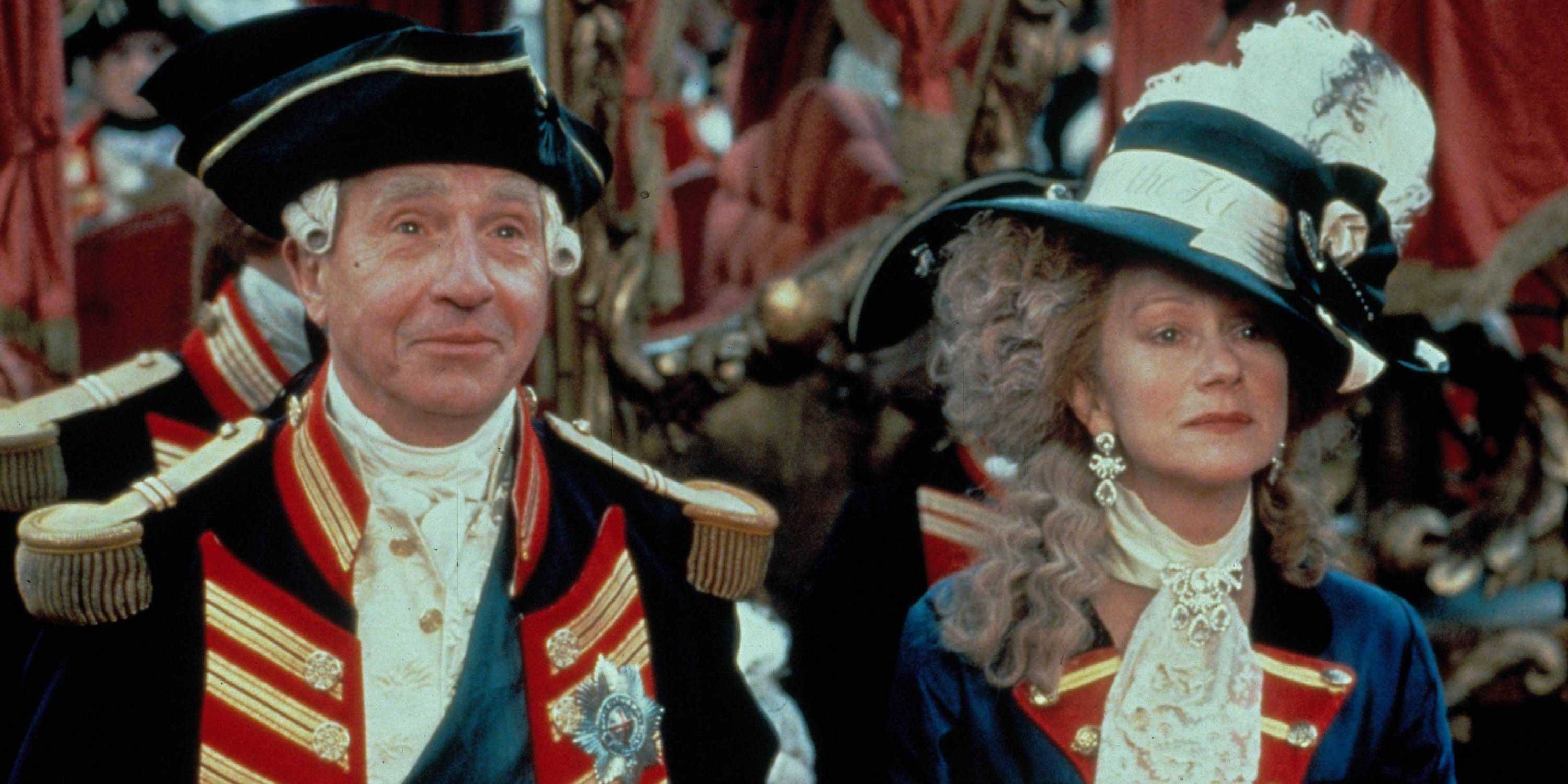Summary
-
Movies depicting mental health issues foster empathy and understanding by challenging stereotypes and outdated notions of mental health. They offer realistic portrayals and relatable perspectives on misunderstood disorders.
-
Accurate portrayals of mental illness in movies address the complexities of conditions and emphasize the importance of seeking help and supportive environments. They combat the notion that mental health issues are solely a result of personal weakness.
-
These films play a vital role in reshaping public perceptions and encouraging a more compassionate and supportive attitude toward those dealing with mental health challenges. They showcase the diversity of mental health conditions and their impact on individuals and relationships.
Movies praised for their depiction of mental health issues aren’t always perfect, but they do their part in fostering empathy and understanding. In one way or another, these movies help correct misconceptions and dismantle harmful myths about mental health. By offering realistic portrayals that challenge stereotypes and outdated notions of mental health issues, the characters in these films provide relatable perspectives on misunderstood disorders and conditions.
Indeed,movie characters who accurately portray mental illness address the complexities of conditions like depression, anxiety, schizophrenia, post-traumatic stress disorder, repressed memories, and other issues. Additionally, these movies often emphasize the importance of seeking help, treatment, and supportive environments, combating the notion that mental health issues are solely a result of personal weakness. Through authentic and well-informed narratives, these films showcase the diversity of mental health conditions and the impact on individuals and their relationships. Overall, such films play a vital role in reshaping public perceptions, encouraging a more compassionate and supportive attitude toward those dealing with mental health challenges.
10 Inside Out (2015)
Adolescent emotions and growing pains
Inside Out
- Release Date
- June 19, 2015
- Director
- Pete Docter
- Cast
- Lewis Black , Mindy Kaling , Phyllis Smith , Amy Poehler , Bill Hader Richard Kind , Kaitlyn Dias
- Runtime
- 95 minutes
Inside Out delves into various mental health themes through its vibrant characters. With Joy, Sadness, Anger, Fear, and Disgust personifying the complexities of the human mind, Inside Out explores the importance of embracing and understanding one’s emotions. It emphasizes that it’s okay to experience all types of feelings, acknowledging their role in early development. By depicting the challenges of adolescence and the impact of major life changes, Inside Out provides poignant insight into mental health at a young age. It encourages viewers to recognize and express their emotions, fostering a healthier approach to mental well-being and self-acceptance. Inside Out 2, which will tackle teenage feelings, will feature 27 emotions.
9 One Flew Over the Cuckoo’s Nest (1975)
Inconvenient truths about institutional mental health treatments
Urging a reevaluation of social attitudes towards those struggling with mental health issues, One Flew Over the Cuckoo’s Nest is a deep dive into the dehumanizing aspects of psychiatric institutions. The film critiques the oppressive nature of such facilities, exposing the abuse of power by staff. The character of Nurse Ratched embodies authoritarian control, symbolizing the systemic problems within mental health institutions. Through the challenges faced by Randle and the other patients, the movie sheds light on the consequences of institutionalization and outdated psychiatric treatments. It prompts reflection on the need for humane and patient-centered approaches to mental health care, particularly the importance of compassionate over punitive measures.
8 Mozart and the Whale (2005)
Love and life with Asperger’s syndrome
Mozart and the Whale explores the challenges faced by two individuals with Asperger’s syndrome, a form of autism spectrum disorder. The film delves into their unique struggles with social interactions, communication difficulties, and the desire for connection. It portrays the complexities of relationships, as the characters navigate love and intimacy while coping with the constraints of their condition. The movie sheds light on the isolation experienced by those with Asperger’s and challenges social perceptions of neurodiversity. By tackling themes of acceptance and understanding, Mozart and the Whale contributes to a broader conversation about mental health, emphasizing the importance of empathy and embracing differences in the human quest for genuine connection.
7 What’s Eating Gilbert Grape (1993)
The plight of the long-term caregiver
A celebrated gem among Leonardo DiCaprio’s first 10 feature films, What’s Eating Gilbert Grape addresses the impact of mental health on familial relationships. Gilbert Grape, the protagonist, struggles with the responsibility of caring for his mentally challenged brother, Arnie. The film portrays the challenges faced by families dealing with cognitive disabilities and the toll it takes on the caregiver’s mental well-being. Gilbert’s internal conflict and desire for personal fulfillment are central themes, highlighting the emotional strain associated with long-term caregiving. The movie offers a nuanced perspective on the intersection of mental health, family dynamics, and individual aspirations, emphasizing the need for compassion and self-care in the face of such challenges.
6 The Babadook (2014)
Unaddressed grief and other repressed emotions
The Babadook
- Release Date
- November 28, 2014
- Director
- Jennifer Kent
- Cast
- Noah Wiseman , Essie Davis
- Runtime
- 94 minutes
Exploring the psychological toll of grief and trauma, The Babadook delves into themes of depression, anxiety, and the impact of unresolved grief on mental health. It follows a mother and her son, Amelia and Samuel, as they grapple with the sinister presence of the Babadook – a metaphorical manifestation of Amelia’s suppressed emotions. Amelia’s descent into paranoia and the strained mother-son relationship reflect the haunting effects of trauma. The Babadook serves as a powerful allegory for the struggle to confront and overcome one’s inner demons. The film underscores the importance of acknowledging and addressing mental health issues, offering a chilling yet empathetic portrayal of the human psyche.
5 Canvas (2006)
Coping with mental illness in the family during adolescence
Canvas sensitively addresses the massive impact of mental illness on family dynamics. The film revolves around a ten-year-old boy named Chris, whose mother Mary suffers from schizophrenia. When Mary gets institutionalized, Chris struggles to live with his grieving and distant father John. With Mary’s neighbors judging their family due to her paranoia, Canvas highlights how modern communities are typically ill-equipped to help individuals with mental health issues. As Chris copes by making t-shirts for his classmates – like his mother used to do for him – Canvas also underscores the power of creative avenues in terms of helping children cope with difficult family situations.
4 Enchantment (2021)
The emotional impacts of family and social expectations
Charm
- Release Date
- November 24, 2021
- Director
- Jared Bush , Byron Howard , Charise Castro Smith
- Cast
- Mauro Castillo, John Leguizamo, Carolina Gaitan, Rhenzy Feliz, Diane Guerrero, Wilmer Valderrama, Jessica Darrow, Stephanie Beatriz, Adassa, Alan Tudyk, Angie Cepeda, María Cecilia Botero, Maluma
- Runtime
- 99 minutes
From the movie’s plot to every song in Charm, the animated film dives deeply into the mental health implications of family issues and social expectations. Much of Charm is about Mirabel grappling with feeling inadequate in a family where everyone possesses magical gifts except her. In particular, Bruno and Abuela’s relationship examines how traditional values can both negatively and positively impact the well-being of family members. While Abuela’s rejection of Bruno and his unique gifts criticizes social conformity, Charm also contextualizes Abuela’s trauma for a balanced perspective on the mental health of both. Overall, the characters’ journeys highlight the complexities of identity and the pursuit of happiness amid external expectations.
3 The Perks of Being a Wallflower (2012)
Teenage social dynamics amid PTSD
Addressing a range of mental health issues, The Perks of Being a Wallflower is a coming-of-age film known for its portrayal of depression, anxiety, and trauma. The protagonist, Charlie, navigates the challenges of adolescence while dealing with past trauma and repressed memories. Charlie’s struggles with isolation, self-harm, and his journey toward self-acceptance shed light on the complexities of mental health in young adulthood. The narrative emphasizes the importance of friendship, therapy, and the healing power of genuine connections. Crucially, The Perks of Being a Wallflower contributes to the mental health conversation by portraying the transformative effects of supportive relationships – especially among the youth.
2 Ordinary People (1980)
Survivor’s guilt and PTSD during adolescence
A poignant study of post-traumatic stress disorder, Ordinary People explores the aftermath of a family tragedy and its impact on mental health. Conrad, the surviving son, battles depression and survivor’s guilt following his brother’s death. Delving into themes of grief, guilt, and the strain on familial relationships, the story addresses the stigma surrounding mental health and the challenges of seeking therapy. Ordinary People depicts the complexities of emotional healing, showcasing the family’s journey towards understanding and acceptance. The film underscores the importance of communication, empathy, and professional help in navigating mental health struggles, contributing to the broader conversation about resilience and recovery from PTSD.
1 The Madness of King George (1994)
Historical perspective on insanity and mental health treatment
Tackling the challenges of managing mental health in a position of power and the social stigma surrounding mental illness, The Madness of King George chronicles the monarch’s descent into madness. From George’s strained relationship with his son to his ill-advised political decisions, his illness is depicted with both intense drama and empathy, addressing the complex impact on both his personal life and political leadership. The movie also highlights the primitive medical treatments of the time and the contrasting perspectives on mental health within the royal court. The Madness of King George not only humanizes a historical figure, but also examines the intersection of mental well-being and political power.

